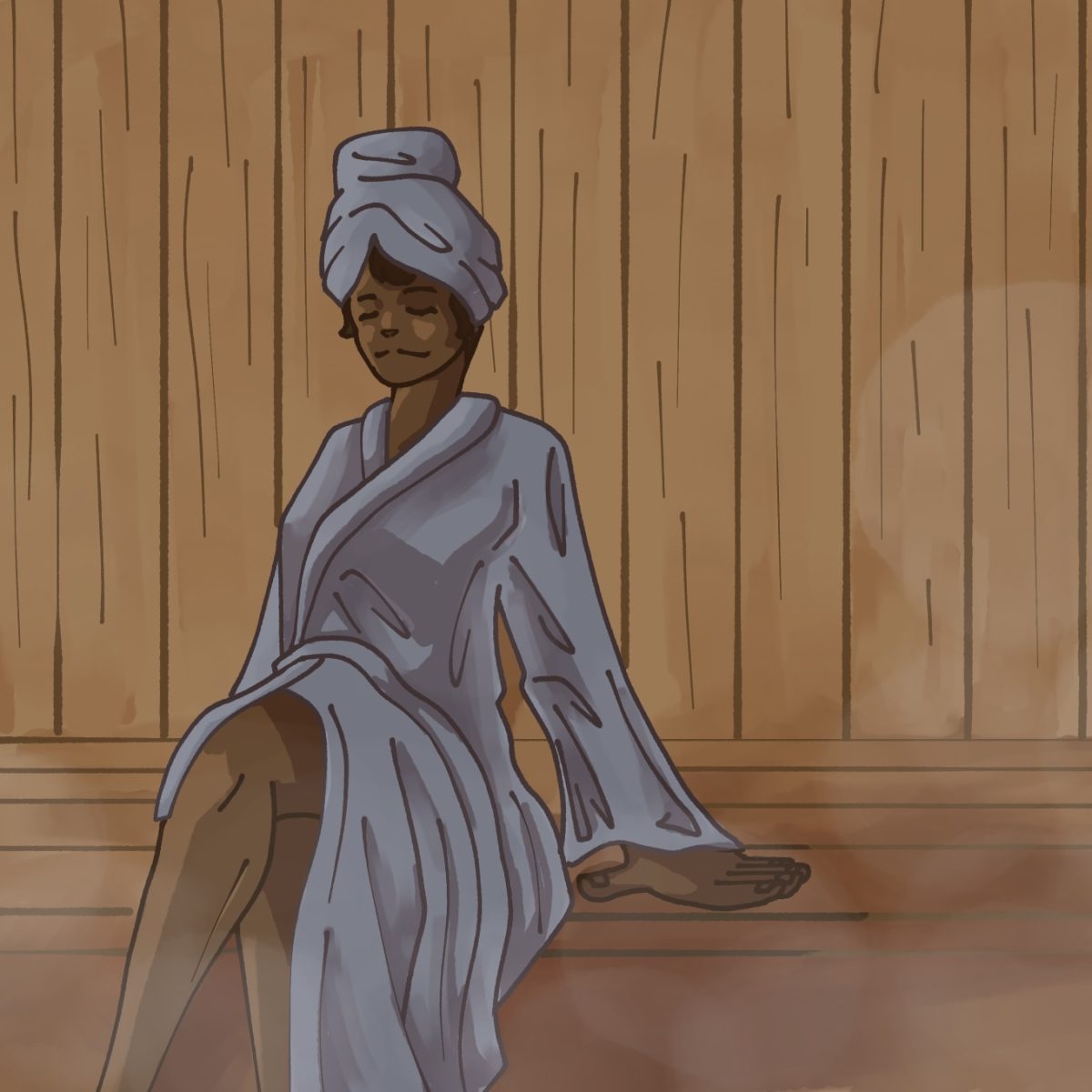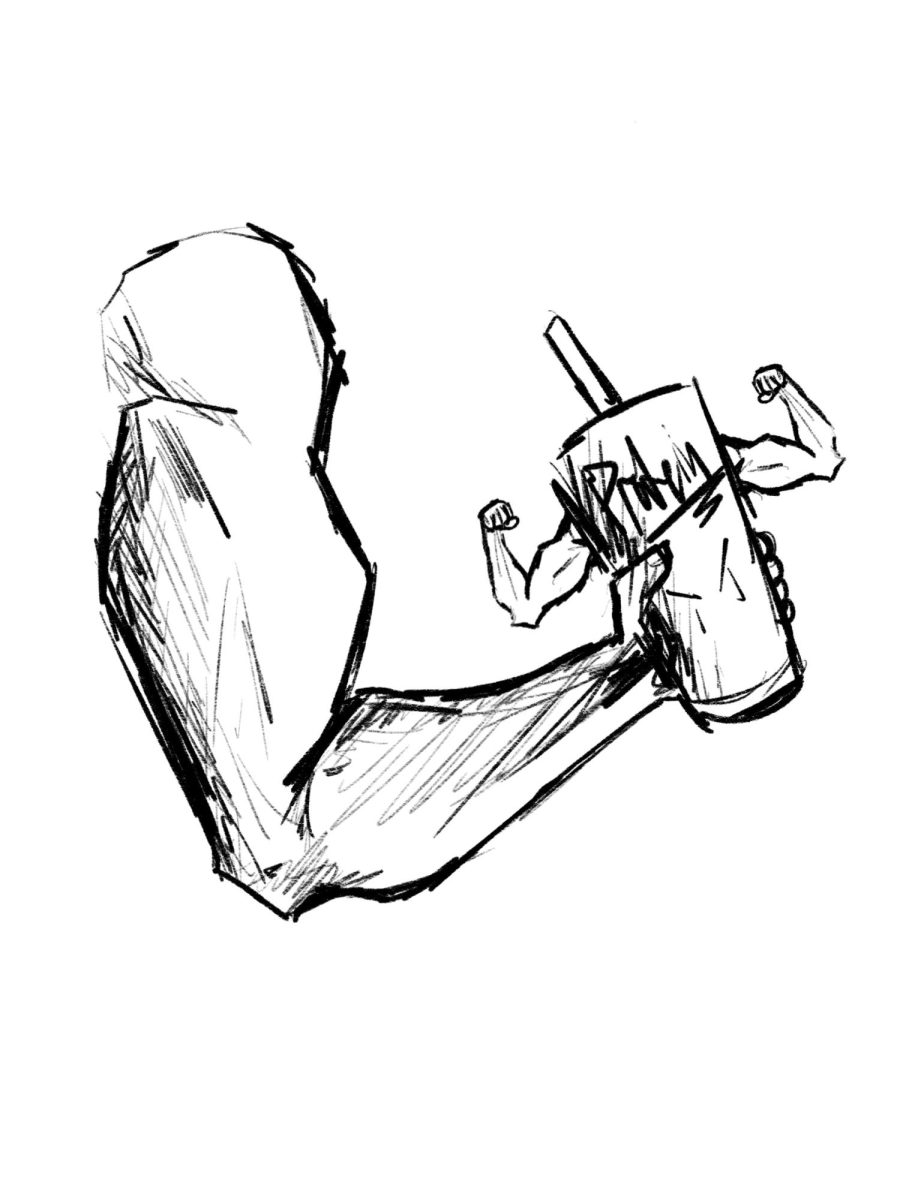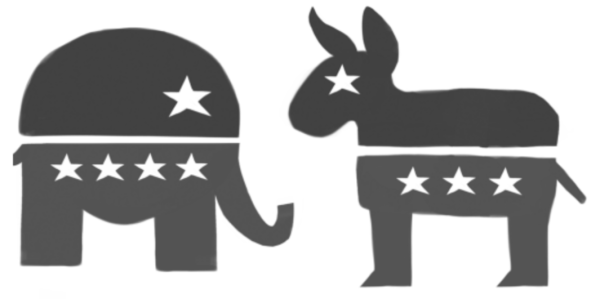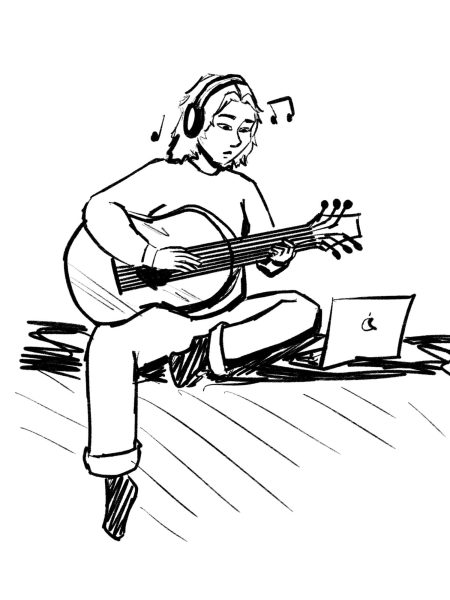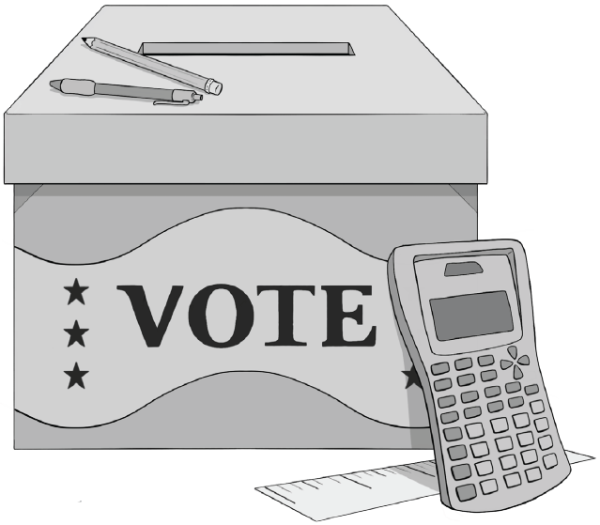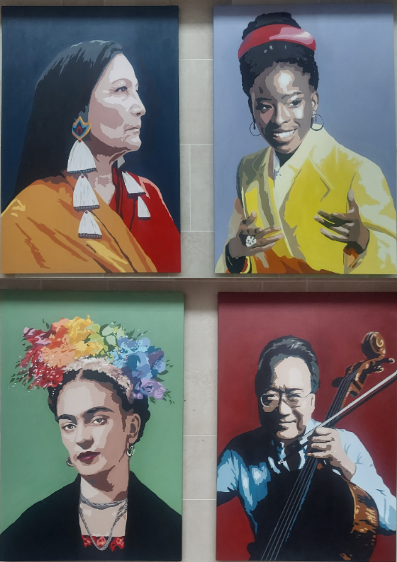A State of Disarray
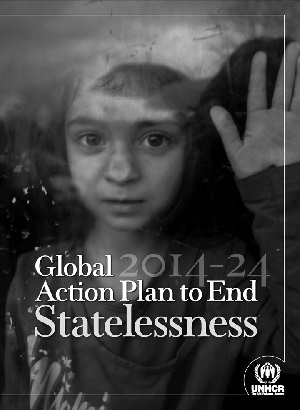
In the world today, there are as many as 10 million individuals who exist without legally belonging to a nation. Of these 10 million individuals, only 1% of them have had their cases resolved by the nations in which they seek asylum.
These individuals live outside of the law, not as criminals, but as refugees. Without legal documentation, these people are made invisible. They cannot apply for a passport, driver’s license, or legal documentation of any kind. Many of these refugees are the result of social unrest and subjugation of minorities within a nation. Facing this kind of persecution, these individuals have no choice but to seek asylum in other countries. This is a common outcome for many indigenous people, such as the Rohingya of Burma or the Bidoons of Kuwait. In the case of the Rohingya, the Burmese government strives to subjugate the minority and make their existence so miserable that they flee their internment. The Bidoons are another similarly cast-out people, who are left without a legal identity or record. Fortunately, the plight of these individuals is being addressed for the first time in 60 years.
The UN has fallen silent since the 1954 convention on statelessness, but as of Tuesday November 14th 2014, the UN has launched a global campaign to end this crisis through its refugee agency, the United Nations High Commissioner for Refugees (UNHCR). This campaign has a 10-part plan to eliminate the problem of statelessness. The campaign’s aim is to resolve the epidemic within 10 years. Some of the foreseen measures would end gender discrimination in many countries thus allowing nationality to be given to children and help facilitate the naturalization of stateless individuals.
The greatest thing this program needs is awareness. As much as the UNCHR can provide immediate help to refugees, the real problem is the invisibility these people have in the global scope. Without the assistance of international policy, they are virtually helpless in legally identifying themselves.
The High Commissioner for Refugees within the UN opens his Global Action plan to resolve this problem by saying, “statelessness is a profound violation of an individual’s human rights,” perhaps alluding to the greatest human right of all: the right to exist.


